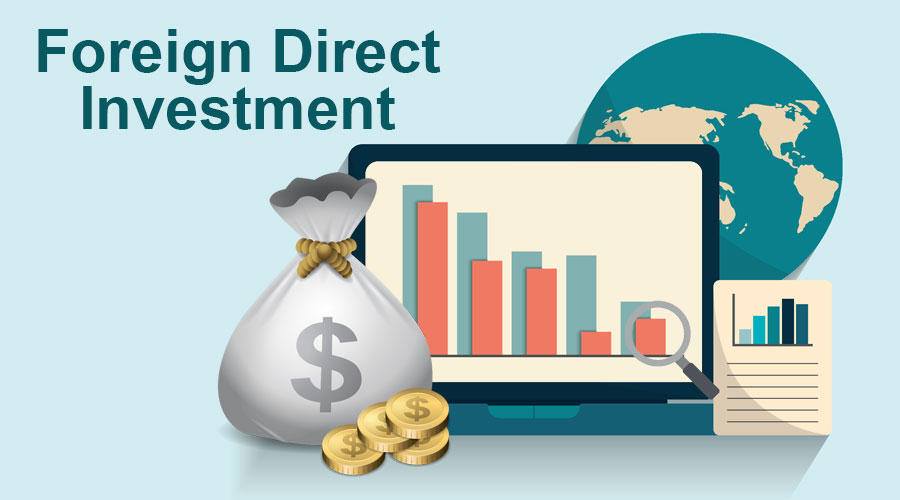Foreign direct investment in Nigeria hits $223M in the last 5 months

The International
Monetary Fund (IMF) defines foreign direct investment as a type of
cash inflow wherein investors transfer their funds to a business in a
different economy with the intention of acquiring control or exercising strong
influence or control over the management of a company.
Increased foreign
direct investment is thought to support economic growth by raising the quality
of employment in the nation and facilitating the technology transfer. The Organization
for Economic Co-operation and Growth (OECD) asserts that foreign direct
investment (FDI) is a vital component of a free and efficient international
economic system and a key driver of national development.
Between January and May
2022, Nigeria garnered $223.3 million in foreign direct investments (FDI), a
3.7% increase from $215.3 million registered in the same period a
year earlier.
Nigeria's FDI has
substantially decreased recently, reaching a record low of $698.8 million in
2021, the majority of which was equity. However, given the advantages it has
for the host nations, the majority of emerging economies want greater direct
investment, according to Nairametrics.
Furthermore, the
incability of foreign investors to return to their home countries with the
money they earned from the Nigerian economy has hampered the flow of
FDIs into the country. The International Air Transport Association (IATA)
said last month that Nigeria has withheld $450 million in revenue from
foreign airlines because of a lack of foreign currency.
This is
a significant problem that has deterred foreign investors from investing
in the economy, further producing a disruption in the supply of FX, and
ultimately contributing to the devaluation of the naira. In a similar vein,
while Nigeria remains reliant on imports, the drop in the country's crude oil
output levels has also led to a decline in oil export revenues.
According to a
scientific study by Iyaji Danjuma that was published in the CBN Journal of
Applied Statistics, a nation's economy and the volume of FDI inflows are
significantly positively correlated. It should be noted that Nigeria's real GDP
increased by 3.11% the first quarter of the fiscal 2022, following a growth of
3.98% in the previous quarter.
Nonetheless, as rising
inflation, currency rate depreciation, and insecurity continue to impede
economic output, the country's economy has been tied to the mounting
concern of an economic recession. The report also identifies infrastructure and
trade openness as FDI-friendly variables.
Most countries seek
foreign direct investment as a key source of capital inflows since it boosts
the economy greatly, leading to the creation of crucial FX liquidity.
Receivers of FDI
frequently receive employee training while running new enterprises, which helps
the host nation improve its human capital. Profits from these investments also
go toward the host nation's corporate tax collection.
For foreign investors
to feel more at ease to invest their resources, the Nigerian economy
must be viewed as a system that is deserving of investment and where firms
prosper.


Be the first to comment!
You must login to comment